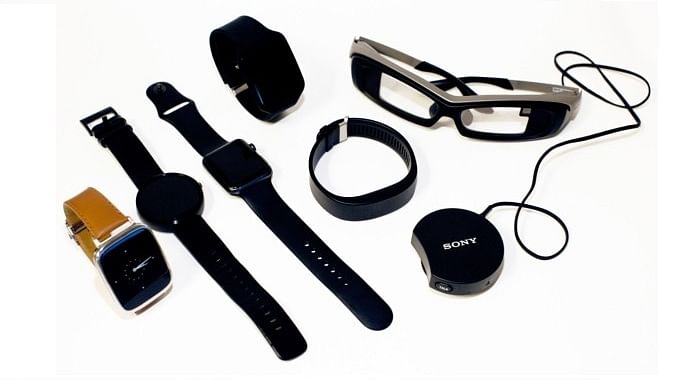Ford’s wearable tests look to link health data with driver assist
When connected with a vehicle, a wearbale has the ability to enhance the total driving experience.
Researchers at Ford’s new automotive wearables experience lab are examining how to integrate wearables into the driving experience. A smartwatch can be an option for delivering vehicle alerts and reminders such as leaving a vehicle in parking with its door open or forgetting a key. When the vehicle starts, the watch can also share the users’ health and sleep information. The vehicle can then conduct a driver performance assessment and adjust safety settings appropriately. The vehicle’s adaptive cruise control technology can increase the distance between other vehicles to allow the driver more time to stop in case of a traffic incident if it detects that the driver isn’t well-rested.
The company’s researchers are also examining the potential to link vital health information to in-vehicle technologies, including lane-keeping assist and Blind Spot Information System. For semi-autonomous driving applications, the wearable can send an alert that the human driver is required to due to construction or an accident ahead. The ability to measure wakefulness and health data including blood pressure, blood glucose and heart rate via wearable technology also could benefit semi-autonomous driving features.

When connected with a vehicle, a wearbale has the ability to enhance the total driving experience.
“As more consumers embrace smart watches, glasses and fitness bands, we hope to develop future applications that work with those devices to enhance in-car functionality and driver awareness,” said Gary Strumolo, global manager for vehicle design and infotronics, Ford Research and Advanced Engineering.
“Wearable technology integrated with the vehicle allows for more accurate biometric data to stream continuously and alert active driver-assist systems to become more sensitive if the driver shows signs of compromised health or awareness,” added Strumolo.
Also read: Ford’s Industry first autonomous vehicle tests in snow
RELATED ARTICLES
Autoliv Plans JV for Advanced Safety Electronics With China’s HSAE
The new joint venture, which is to be located strategically near Shanghai and close to several existing Autoliv sites in...
JLR to Restart Production Over a Month After September Hacking
Manufacturing operations at the Tata Group-owned British luxury car and SUV manufacturer were shut down following a cybe...
BYD UK Sales Jump 880% in September to 11,271 units
Sales record sets the UK apart as the largest international market for BYD outside of China for the first time. The Seal...






 By Autocar Professional Bureau
By Autocar Professional Bureau
 12 Jan 2016
12 Jan 2016
 4830 Views
4830 Views





 Ajit Dalvi
Ajit Dalvi




